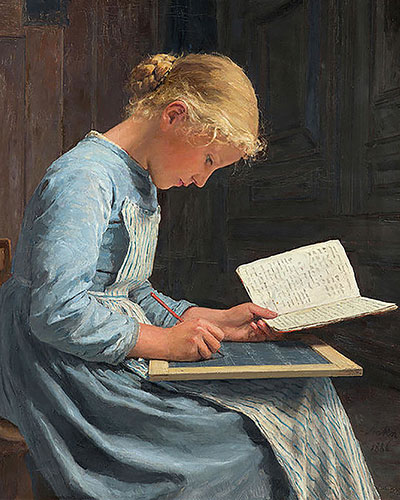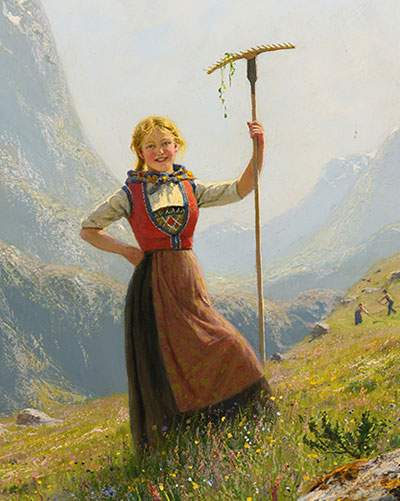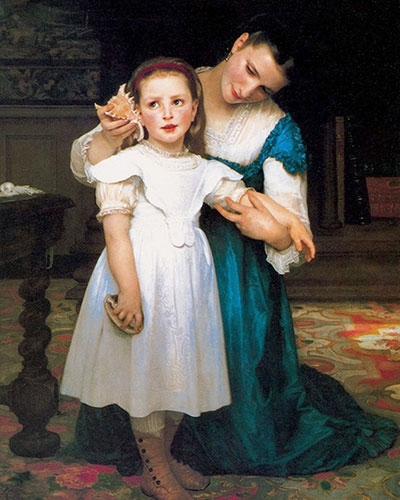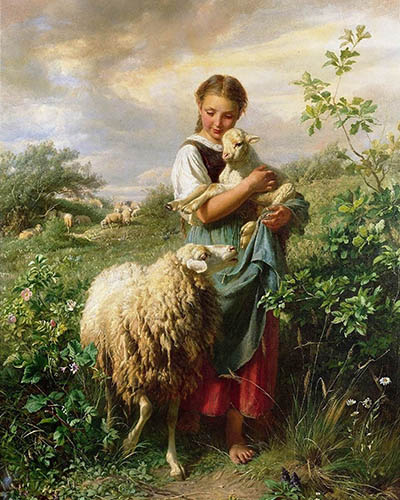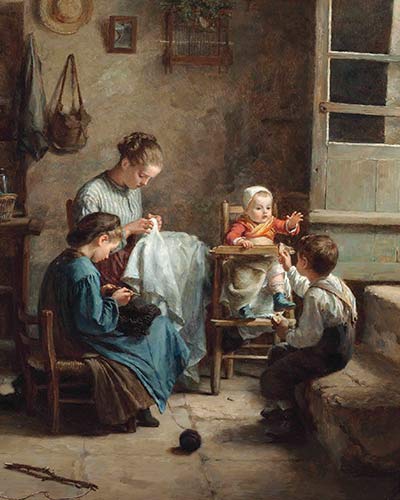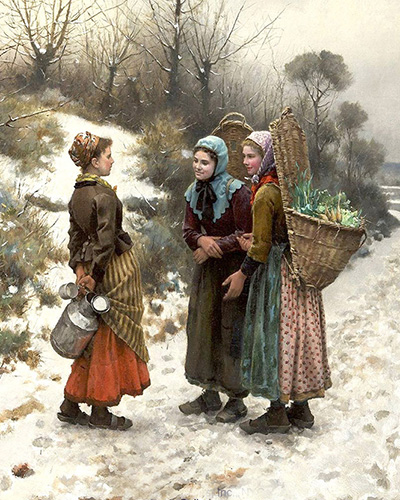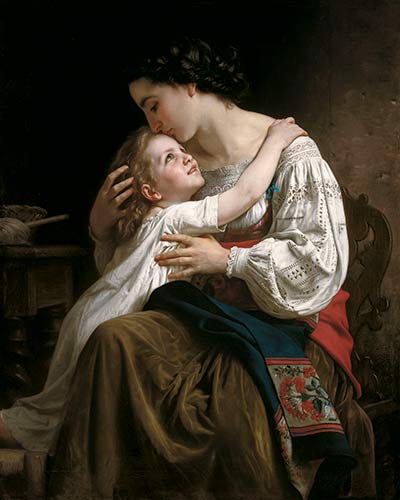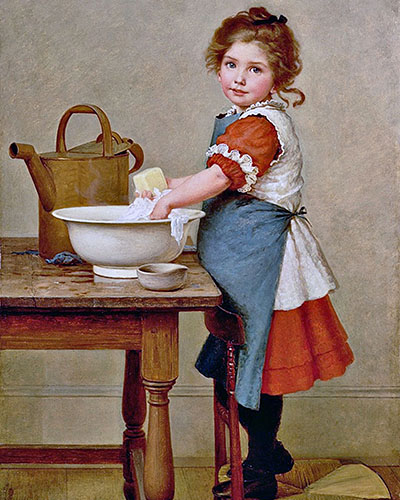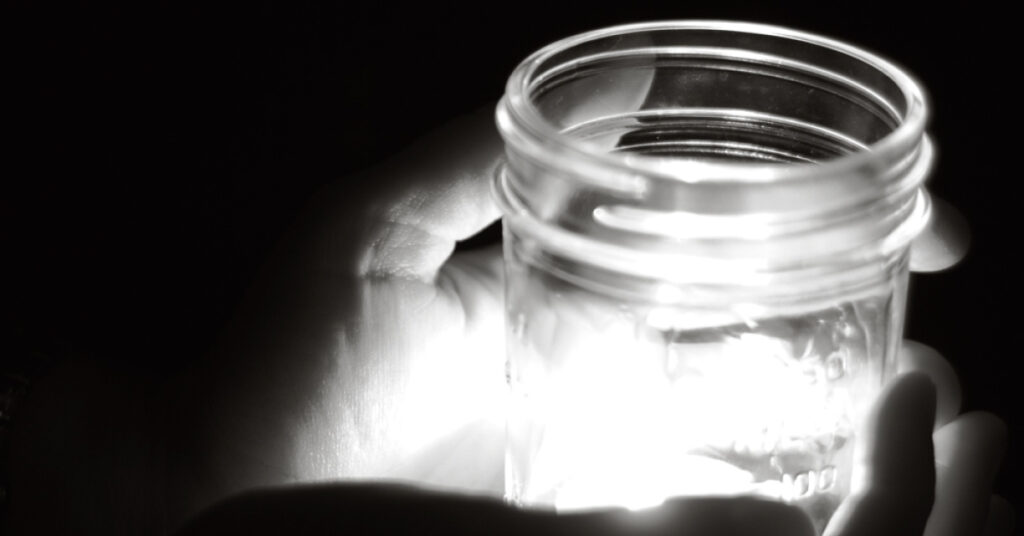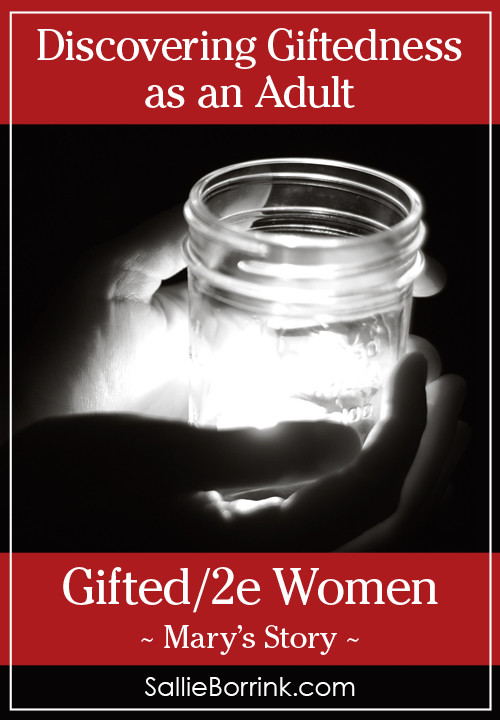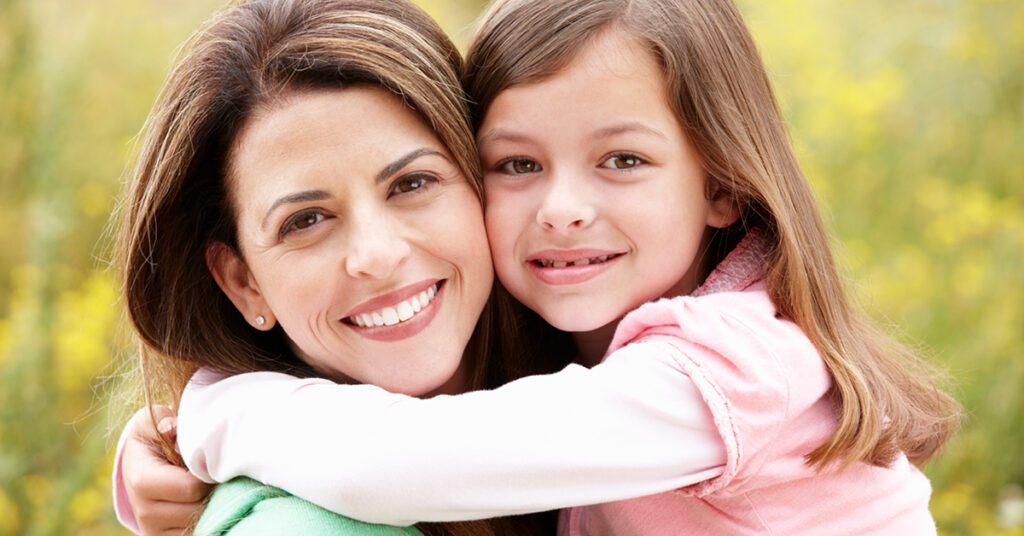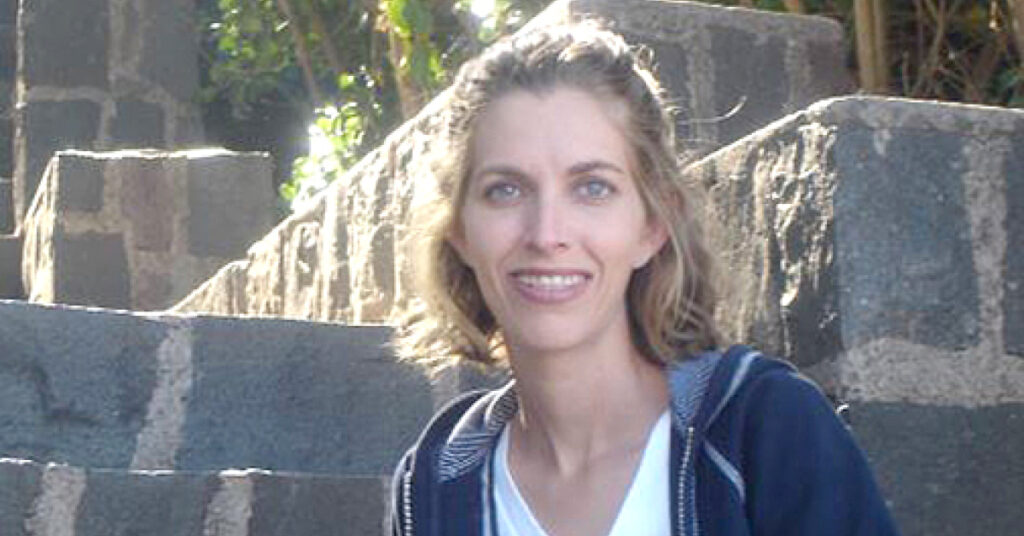When did you know you were different from other children? Is there a particular event that stands out?
I remember sitting on a swing at recess when I was in first grade and feeling lonely. In looking back, I must have sensed my difference from that early age, too, but (like so many gifted children do) instead of identifying that I was different, I generally just blamed myself and felt there was something inherently deficient with me. It was a blessing when, as an adult (see below), I actually learned that I AM different and could embrace that.
When did you understand that it was giftedness that made you different?
I can pinpoint the exact moment. I was 32 and attended the state conference on giftedness in Minnesota to learn how to parent and effectively teach my gifted 5 year old. Listening to Dr. Edward Amend give his keynote, in which he expanded my understanding of giftedness beyond mere cognitive ability, it all clicked. I understood my son better. I understood myself better.
What are your primary areas of giftedness?
I definitely have emotional intensity and am gifted in my empathy and understanding of people. That’s a plus, I suppose, as I’m a mental health therapist! Ha! I’ve also got a wildly mathematical side and an intellectual side where I simply crave knowledge and learning. I’m constantly asking questions and analyzing and thinking things through. And then there’s the creative side of me in terms of problem solving, drama, writing, creating and imagining ideas.
Did you ever try to downplay your giftedness? Why or why not?
I’m still learning not to downplay my giftedness. It feels much more comfortable talking about my children’s giftedness than my own. As a child in elementary school I would intentionally sit at my desk pretending to work on a test I’d finished ten minutes earlier just so I wouldn’t be the first to hand it in. As I became older, I would play stupid, especially around boys, though as I’m typing this, I’m not sure if it was playing stupid or if I simply felt stupid and didn’t trust my own intelligence. Honestly, it wasn’t until my late 20’s that I even considered myself particularly intelligent. I realize this is somewhat contradictory to what I just stated about hiding the fact that I finished tests quicker, but in truth, I learned to doubt myself and didn’t really understand that the programs and opportunities and things like finishing tests quickly were at all related to my intelligence. I truly believed anyone could achieve these things and it was some fluke that I was included in the honors college at my university or the accelerated math program in high school.
Did your parents understand that you were gifted? How did they support you?
Yes. Kind of. They enrolled me in gifted programs and summer programs throughout elementary, middle, and high school. But, I don’t think they really understood what giftedness entails. So they supported the academics and enrichment, but didn’t even know that I might need other kinds of support to manage the challenges of giftedness.
Do you wish your parents had handled your giftedness in a different way?
This isn’t necessarily specific to my parents, but I wish society had understood giftedness better. I wish that I had been educated about what giftedness means, how it might impact my life (in great ways and in difficult ways), about how only 2 percent or less of the population is similarly wired and experiences the world with similar intensity. About how to be confidently unique and embrace my giftedness.
Was there a teacher or other adult who impacted your giftedness in a profound way?
I had an AP American History teacher in High School who was the only teacher who actually made me think and challenged me. He encouraged reflection and independent thought as opposed to rote memorization or spitting somebody else’s information back out. And then in college, I had a humanities professor my freshman year who tore apart my writing. This was initially very difficult for me and I hated going to her class, but in the long run, I’m so thankful that I was challenged and I learned what actual learning looks and feels like. She taught me that my brain is supposed to sweat if I’m actually learning something. I learned to push myself rather than simply be complacent in the easy parts of “learning” (which isn’t really learning at all).
Was there a teacher or other adult who made your experience as a gifted girl more difficult?
My dad’s own giftedness, intensities, and perfectionism made being a gifted girl more difficult. Instead of learning how to challenge and modulate my innate, gifted perfectionism, his own perfectionism grew mine. I also had a professor my freshman year of college who shamed me for quitting my pre-med/chemistry track. According to him, it was shameful to not pursue the talent I have in the sciences. This was really difficult to take as an 18-year-old who was finally making a choice to follow what I was actually passionate about. He obviously didn’t understand multipotentiality.
What do you wish someone had told you when you were in elementary school? Middle school? High school?
Be bold. Make mistakes. Learning is hard work and if you aren’t frustrated you aren’t really learning. Try new things. You ARE different than most of the population and that has good parts and not so good parts to it. It’s okay to simply follow what you want to do. Your worth has absolutely nothing to do with your accomplishments.
What brings you the most joy as a gifted woman?
Conversations with gifted kids and youth. I LOVE the humor and the wild imaginations and helping them learn to understand themselves better. Second to that is conversations with the parents of these gifted kids and youth. Such an honor to be able to support them through the journey and, in turn, I feel supported, too.
What brings you the most difficulty or pain as a gifted woman?
Managing my multipotentiality and being sure that all aspects of me are being appropriately fed in a balanced way.
Do you or have you ever struggled with imposter syndrome? How do you effectively deal with it?
For sure. I basically use all my anxiety management strategies (breathing, self-care, mindfulness, meditation, music, alone time, etc) and step into the fear. I’ve grown quite accustomed to feeling like I’m faking things, but doing it anyway!
Does your faith impact how you view your giftedness as a woman? How?
I don’t know that my faith impacts my view of myself as a gifted woman, but it definitely empowers me to continue to embrace all of my uniqueness. I find it simply amazing and awe-inspiring that of the billions and billions of people who have set foot on this earth, no 2 are exactly the same. We are each divinely created to be unique and it is our responsibility to let the light of our own uniqueness shine. My faith reminds me that, with God, I do not need to be afraid. This frees me to step out and take risks to more fully live out my life’s purposes.
What would you tell women who have only understood they are gifted now as an adult?
You are not alone. Find ways to be surrounded with other gifted individuals. Be you.
How do your experiences as a gifted woman impact how you raise and educate your own gifted daughter?
My daughter and I are so very different and I think I learn more from her about being bold and feisty and authentic than I teach her! Maybe that’s because I’ve been very intentional in trying to help her embrace her own strengths and limitations, so she does not have to feel like she needs to hide herself in the same ways I did.
What would you tell parents of gifted daughters?
Know that there continue to be people and beliefs out there who will try to minimize your daughter’s worth and ignore her giftedness. I wrote a post about a time when a stranger tried to convince my daughter that she should be a model instead of the doctor or engineer that my daughter wants to be. Thankfully, my daughter was able to disregard her, but our girls are still needing to face misogyny, which can be extremely difficult for gifted girls and young women to face. Help your daughters feel strong and determine their own worth based on their own values.
See All the Posts in the Series
- Gifted/2e Women – A Series of Personal Stories
- Gifted, Depressed, and Embracing Individuality – Julia’s Story
- Giftedness, Loneliness, and Faith – Christy’s Story
- Gifted, Different, and Imposter Syndrome – Vanessa’s Story
- Gifted/2e, Stealth Dyslexia, and a Mother’s Support – Nicole’s Story
- Discovering Giftedness as an Adult – Mary’s Story
- Embracing Multipotentiality as a Gifted Adult – Heather’s Story

